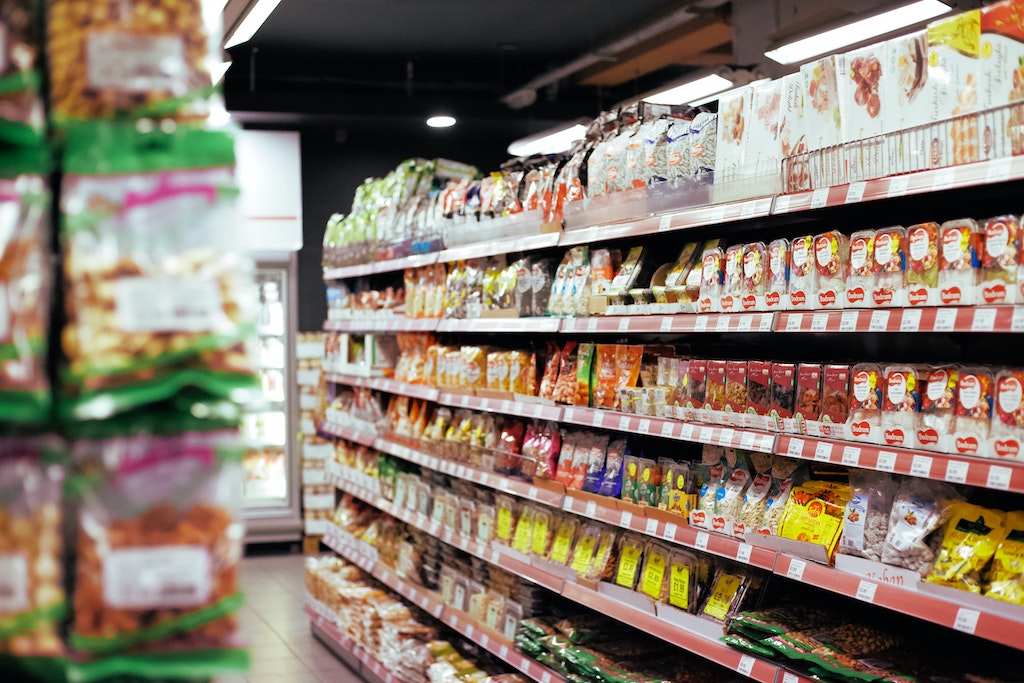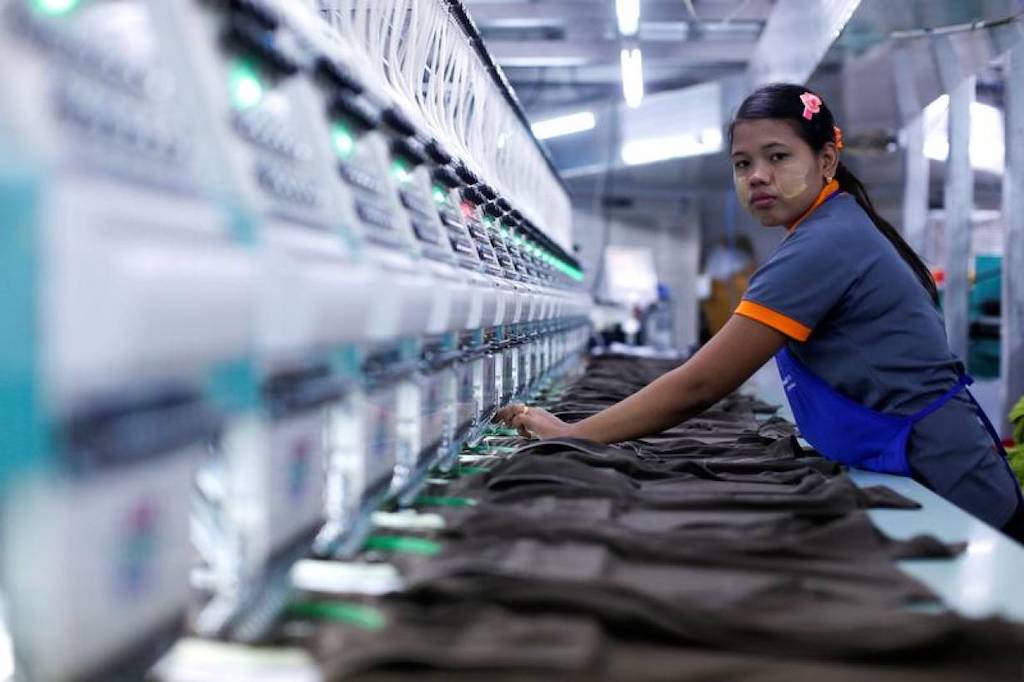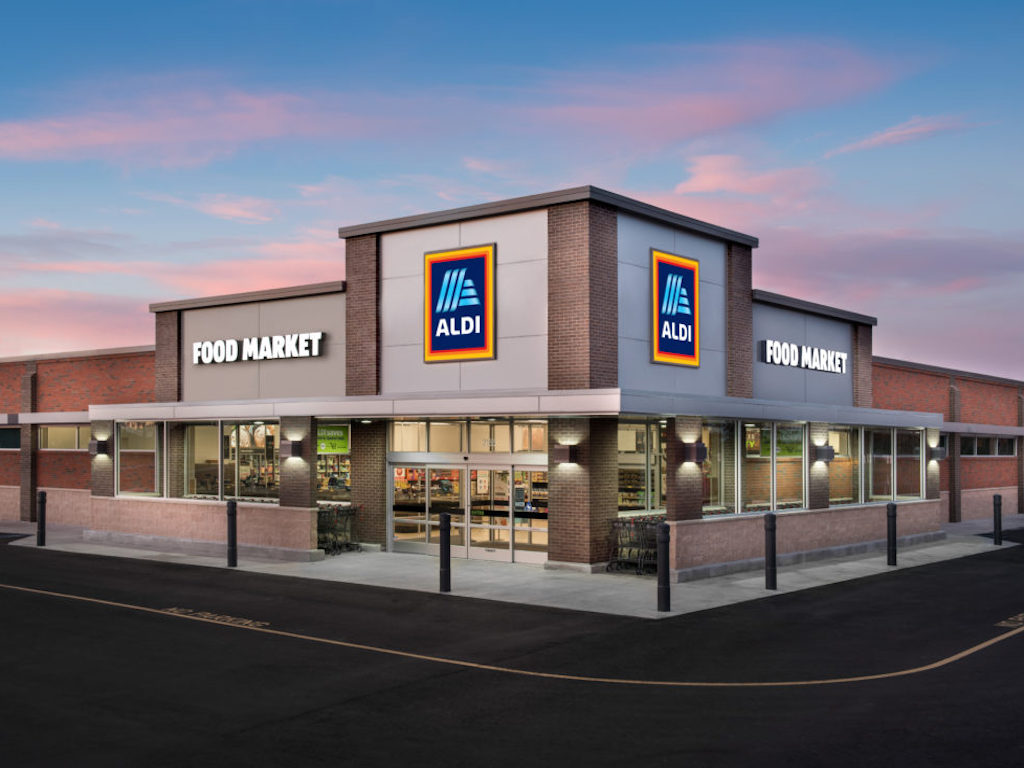3 Mins Read
Aldi Australia has released its Modern Slavery Statement, making it the first supermarket chain in the country to do so. The report highlighted that the prevalence and risk of modern slavery in the country is higher than previously thought, even in Australia’s local supply chains such as fresh produce.
On Friday (July 31), Aldi Australia identified a number of high-risk areas in its supply chain in its Modern Slavery Statement. Locally, Aldi found that its fresh produce supply chain – including meat processing plants – is at risk of modern slavery, according to the Global Slavery Index (GSI). In particular, the use of labour-heavy contractor services, such as cleaning services and trolley and cart collectors present risks in Aldi Australia’s operations.
Globally, Aldi found that both non-food and food products produced in high-risk countries such as Myanmar and Bangladesh face a modern slavery risk. The food items involved include seafood, nuts, cocoa, coffee and tea, while the riskiest non-food products were textiles, shoes, homeware and toy production.

After conducting hundreds of assessments, the supermarket chain found that the non-transparency of factory conditions is the most common place where local laws and social standards are breached.
The report comes after the Modern Slavery Act 2018 was implemented in Australia at the beginning of last year, which stipulates that large companies must present annual reports on the risk of modern slavery in their operations and supply chains. Aldi Australia is the first in the country to publish its report.
Speaking to Inside FMCG, Aldi’s corporate responsibility director Daniel Baker said that the company is now working with its business partners to rectify any indicators of modern slavery and will continue to conduct “unannounced checks” as a part of its ongoing monitoring efforts.

The retailer has also set up an independent hotline where partners and employees can raise concerns at any point. This measure has been one of the recommendations made by MSI Integrity with regard to ethical labels such as Fairtrade, which the group criticised as a mask for human rights abuses. In their study, the organisation pointed to the lack of grievance mechanisms for workers to report abuses or complaints as a key failure.
In recent weeks, there has been greater attention on the risk of hidden human rights abuses and violations in companies’ supply chains. Last month, a coalition of human rights groups warned of the global apparel industry’s complicity with Uighur forced labour, tainting the name of some of the biggest brands including Gap, Adidas, H&M and Muji.
It followed Boohoo’s public relations crisis after allegations of worker exploitation, low pay and hazardous labour conditions at the company’s supplier factory in the U.K. was exposed, which led to retail giants Next, Zalando and ASOS choosing to cut ties with the brand.
Lead image courtesy of Aldi.




